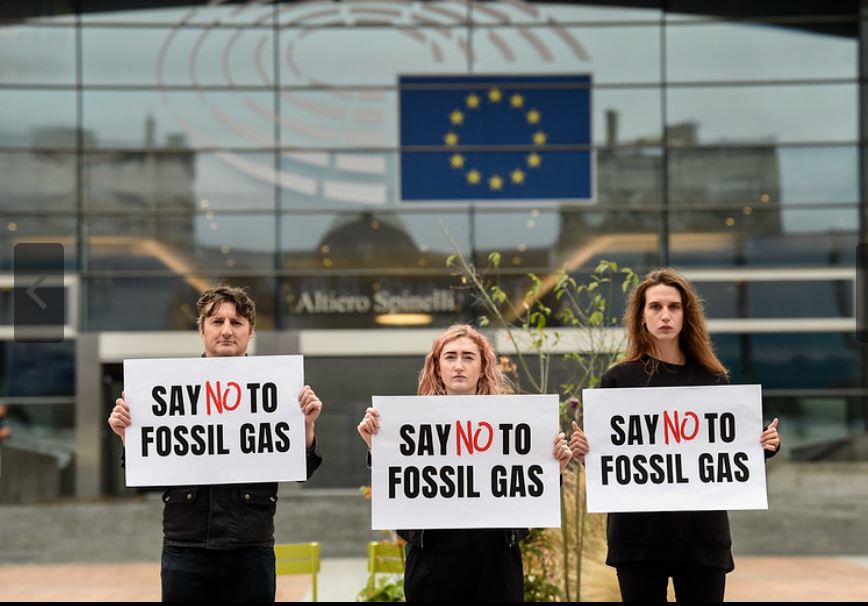
WHO staff are on their way to visit fishermen in South Tarawa, Kiribati. People in Kiribati are experiencing extensive coastal erosion, not just of the beaches, but also of the land.
A group of 50 countries have committed to develop climate-resilient and low-carbon health systems at the UN Climate Change Conference in Glasgow (COP26), in response to growing evidence of the impact of climate change on people’s health.
The governments of these 50 countries, which include some of those most vulnerable to the health harms caused by climate change as well as some of the world’s biggest carbon emitters, have committed to take concrete steps towards creating climate-resilient health systems.
Forty-five of these countries have also committed to transform their health systems to be more sustainable and low-carbon. Fourteen have set a target date to reach net zero carbon emissions on or before 2050.
The commitments were made as part of the COP26 Health Programme, a partnership between the UK government, the World Health Organization (WHO), the United Nations Framework Convention on Climate Change (UNFCCC) Climate Champions and health groups, such as Health Care Without Harm.
“The future of health must be built on health systems that are resilient to the impacts of epidemics, pandemics and other emergencies, but also to the impacts of climate change, including extreme weather events and the increasing burden of various diseases related to air pollution and our warming planet,” said Dr Tedros Adhanom Ghebreyesus, Director-General of the World Health Organization.
“Health systems must also be part of the solution, by reducing carbon emissions. We applaud those countries that have committed to building climate-resilient and low-carbon health systems, and we hope to see many others following their lead in the near future.”
Countries that have committed to achieving low-carbon, sustainable health systems include Argentina, Fiji, Malawi, Spain, the United Arab Emirates, the United States of America and 39 others. Countries that have committed to enhance the climate resilience of their health systems include Bangladesh, Ethiopia, the Maldives, the Netherlands, and 45 others.
The government of Fiji, for example, is responding to the increase in cyclones, flash floods, and rising sea levels causing lack of drinking water due to saltwater intrusion, by building more climate-resilient health infrastructure, strengthening the health workforce, and providing health care facilities with sustainable energy services.
“The message from WHO and health professionals around the globe is clear: climate change is a huge health challenge and we need to act now. I’m really pleased to see so many countries prioritising this issue through the COP26 Health Programme and their level of ambition.
“Strong leadership from the health sector is vital to make sure we protect our populations from the impacts of climate change by enhancing the climate resilience of health systems, and by reducing emissions from the health sector,” said Wendy Morton, Minister for Europe and Americas, in the United Kingdom’s Foreign, Commonwealth and Development Office.
The country commitments come off the back of a WHO survey, launched this week, which shows that the majority of countries now include health in their national climate plans to the Paris Agreement, but that plans often still lack detailed health actions or support mechanisms.
“These government commitments exemplify the growing global health movement for climate action. Around the world doctors, nurses, hospitals, health systems and ministries of health are reducing their climate footprint, becoming more resilient and advocating for a just transition that puts health at the centre of a decarbonized civilization,” said Josh Karliner, International Director of Program and Strategy of Health Care Without Harm.
In addition to the national commitments, 54 institutions from 21 countries representing more than 14 000 hospitals and health centres have joined the UNFCCC Race to Zero and committed to achieving net zero emissions.
A record number of health leaders are participating at the COP26 UN climate conference, and more than 45 million health professionals, representing two thirds of the world’s health workforce, have signed a letter urging governments to take stronger action, noting that “hospitals, clinics and communities around the world have already been responding to the health harms caused by climate change”.












